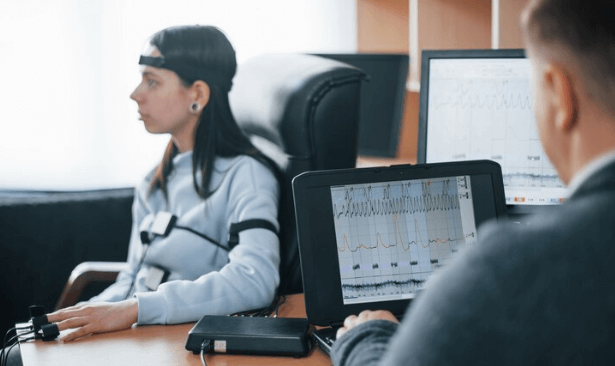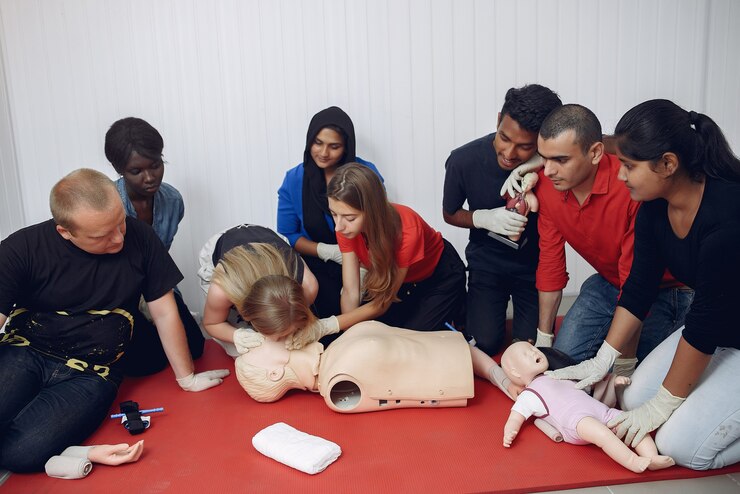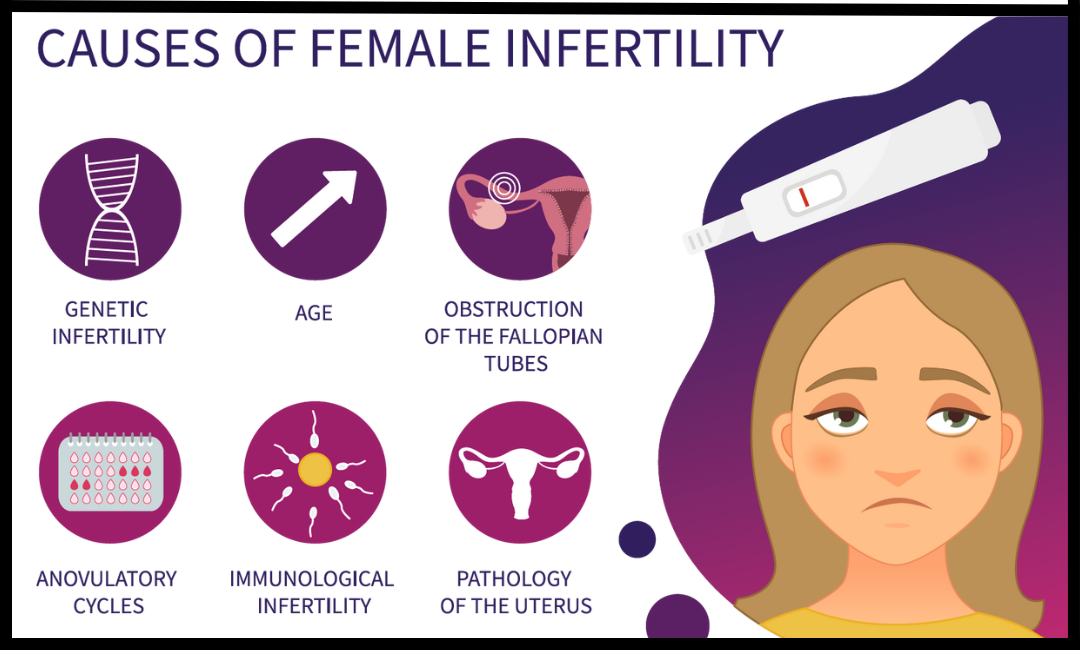Different Types of Echo Tests: Which One Do You Need?

When it comes to heart health, echo tests are vital diagnostic tools. They help doctors see how well your heart is functioning and identify any potential issues. With various types of echo tests available, knowing which one you need and understanding the echo test price can make your experience smoother. Let’s explore the different types of echo tests and their purposes.
What is an Echo Test?
An echo test, or echocardiogram, uses sound waves to create images of the heart. This non-invasive procedure helps doctors evaluate the heart’s structure and function. It’s crucial for diagnosing conditions such as heart valve problems, congenital heart defects, and heart muscle issues.
Types of Echo Tests
- Transthoracic Echocardiogram (TTE)
The TTE is the most common type of echo test. In this procedure, a technician places a small device called a transducer on your chest. The transducer sends out sound waves that bounce off your heart and return to create images. This test is quick, usually taking about 30 to 60 minutes, and doesn’t require any special preparation. - Transesophageal Echocardiogram (TEE)
A TEE provides a more detailed view of the heart. In this test, the transducer is inserted into the esophagus, which is located close to the heart. This allows for clearer images. TEE is typically recommended for patients who may have difficulty obtaining accurate images with a TTE. Although it sounds intimidating, it is a safe procedure and usually takes about 30 to 90 minutes. - Stress Echocardiogram
This type of echo test evaluates how your heart performs under stress, usually after exercise or medication. It can help identify heart disease that might not be visible when your heart is at rest. The procedure involves taking images before and after you exert yourself. Stress echocardiograms can last about 45 to 60 minutes, including preparation time. - Doppler Echocardiogram
A Doppler echo measures the direction and speed of blood flow in the heart. This information can help detect any abnormalities in heart valves or blood flow. This type of test can be done as part of a TTE or TEE and is essential for assessing heart conditions.
Understanding Echo Test Prices
The echo test price can vary based on several factors, including the type of echo test performed, the location of the clinic or hospital, and whether you have insurance coverage. In general, the echo test price for a transthoracic echocardiogram ranges from ₹2,500 to ₹6,000 in many cities. For a transesophageal echocardiogram, the price might be higher, typically between ₹7,000 and ₹15,000, due to its complexity. Stress echocardiograms usually fall in a similar range as TTEs.
Before scheduling your test, it’s a good idea to check with your healthcare provider or the facility about the echo test price. They can give you a clearer understanding based on your specific situation and insurance coverage.
Conclusion
Echo tests play a critical role in diagnosing heart conditions. Understanding the different types of echo tests available and the associated echo test price can help you make informed decisions about your heart health. If you have concerns about your heart or have been advised to get an echo test, speak with your healthcare provider to determine which type is best for you.









